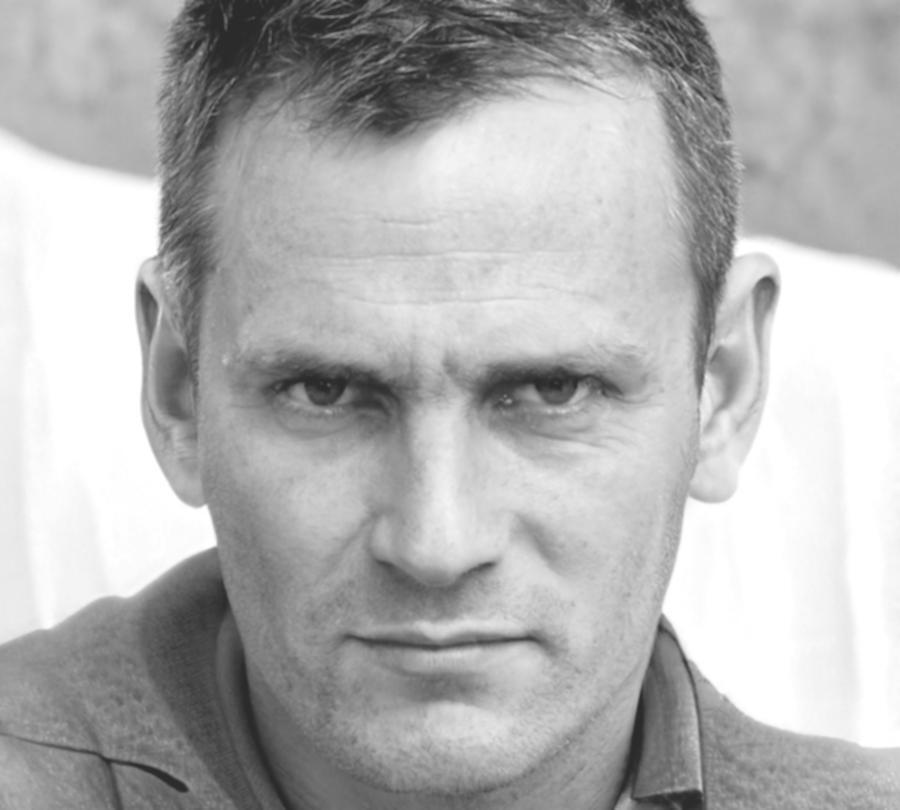From Frustration to Foundation
Most finance teams spend weeks building annual budgets that become
outdated within months. That's the problem we set out to solve.
Activity-based budgeting connects spending directly to what you
actually do—not just historical patterns or wishful thinking.
We've seen manufacturing companies cut waste by tracking costs at the
production line level. Retail businesses that finally understood which
store activities drove profit versus just revenue. Service firms that
could price accurately because they knew the real cost of delivering
each service.
Our approach came from working with Brisbane manufacturers who needed
better cost visibility during the 2020 disruptions. When supply chains
broke down, companies with activity-level detail could adapt. Those
relying on traditional budgets were flying blind.
That experience shaped everything we teach. Real-world application
matters more than theoretical perfection. Our training programs help
finance teams build systems they'll actually use—not abandoned
spreadsheets gathering digital dust.
Based in Raymond Terrace, we work with businesses across Australia who
want their budgets to reflect operational reality. We're not
consultants who swoop in and leave. We're educators who transfer
knowledge so your team owns the process.




